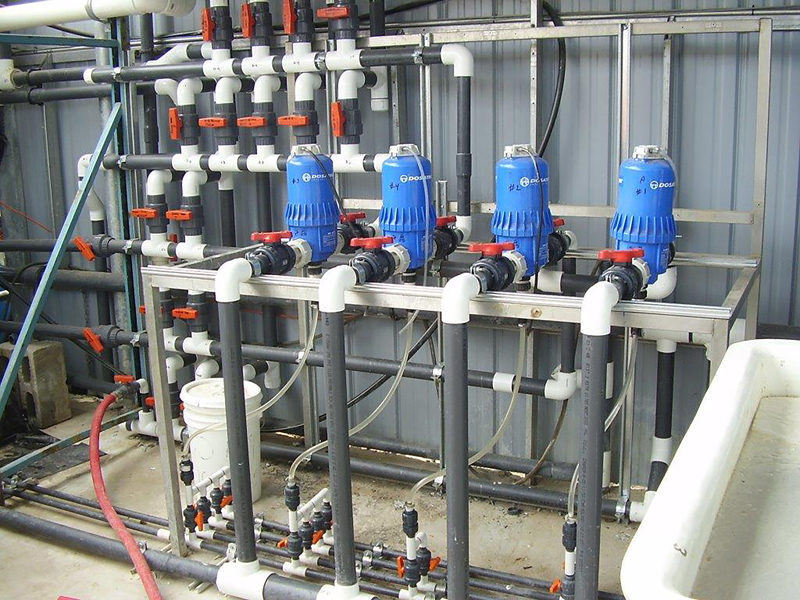
Fertilizer Injector Maintenance Made Easy
I realize that after reading my tag line above, you must be thinking “of course my fertilizer injector is essential to my growing quality plant material!” The real question is, if it is that essential, how well do you maintain it? How often to you calibrate it to be sure the fertilizer injector is putting out the correct amount of fertilizer or pesticide?
I spend the majority of my time visiting growers both large and small all over the United States and Canada and, I can tell you, most growers do not do injector maintenance. I often hear, “if it’s not broken, I don’t touch it!” Or, growers tell me they have checked their fertilizer injectors with an EC meter, only to find out that the meter was not calibrated correctly.
Take a few minutes and I will help you understand how easy basic fertilizer injector maintenance can be.
Decide what time of year is best for you to do injector maintenance.
Many growers will schedule greenhouse and equipment maintenance at the end of their season when the equipment is not in use. First thing to do is to number each fertilizer injector and put it on a spread sheet so that you can keep track of when you replaced the seal kit. Another idea we have come up with is a free program on our website under, ‘Technical Support’ to ‘Preventive Maintenance Program’. This will allow you to register your product, and we will send you a reminder of your choosing when it is time for a new seal kit. Any time you can make this process automatic, or put it on a calendar, it is more likely it will get done.
Next, when was the last time your fertilizer injectors were cleaned?
Cleaning your fertilizer injector is part of basic maintenance. New seals in your injector will not work properly until you clean the equipment. Unless you open your fertilizer injectors and take a good look inside them, you may not realize how much mineral and algae buildup has accumulated. Your injectors could be covered inside with debris from not using a pre filter. We recommend soaking your injector parts in a good cleaner that will remove minerals and any buildup that you may have. Always follow your manufacturer’s recommendations.
Examine your pre-filter.
Using filtration is a recommended practice in irrigation. Anytime you get sand or grit inside water lines, it causes problems. This is especially true for fertilizer injectors. I cannot tell you how many times I have been at a grower’s site and taken apart their pre-filters, only to find the filter cartridge is gone! One reason for this, the growers tell me, is because the filters kept clogging up, so they removed them. This happens all the time. At that point, all the sand and grit that clogged the filter is now damaging your fertilizer injector. A good idea when cleaning the filter is to remove the cartridge and soak it along with your injector parts overnight in a cleaner. It will come out sparkling clean with no scrubbing necessary.
Replace recommended seal kits for basic maintenance.
Your fertilizer injector manufacturer has recommended injection seal kits for basic maintenance. Often growers ask me how often this should be done. If you are using a calibrated EC meter, it will tell you when your readings are off. Sometimes, it may only be an indication that you have injected undissolved particles from your fertilizer tank. At this point, a quick inspection of your injector parts and possibly a good cleaning, may fix the issue. If not, it is an indication that changing seals is necessary. If you are not using an EC meter, once a year is a good idea.
Clean out your fertilizer stock tank when making up new fertilizer solution.
I get to look into a lot of fertilizer stock tanks. Often I see a layer of undissolved fertilizer sitting on the bottom of the tank. Your fertilizer injector suction hose is sitting right on the bottom of the tank and drawing in all those particles. A good practice is to keep the suction hose strainer off the bottom of the tank about 4 inches. Also, each time you make up a new batch of concentrated fertilizer, if you see this layer of particles, clean it out and
start fresh.
How old are your fertilizer injectors?
Equipment has a life based on how much you use it. If you use your fertilizer injectors all year long, crop after crop, they will not last as long as say, a seasonal grower. When your injectors are about 7 – 10 years old, it may be a good idea to start rotating in a few new ones. Maybe think about it like your car or truck. When these vehicles have a lot of miles on them, it’s time for a new one. Also, would you not change the oil in your car or truck? Probably not. Maintenance on your fertilizer injectors will pay off by producing quality plant material.
Need assistance? Rely on manufacturer’s customer service departments.
Most good companies have trained, qualified representatives standing by to take your questions. Many should be able to walk you through a problem right over the phone. Today, websites are another great resource to show you how to do maintenance by linking to YouTube videos and more.
Keep an eye on your fertilizer injectors and they will help you produce quality plant material. In the long run, a small investment of your time will pay off.
Basic injector maintenance is essential to growing quality plant material.
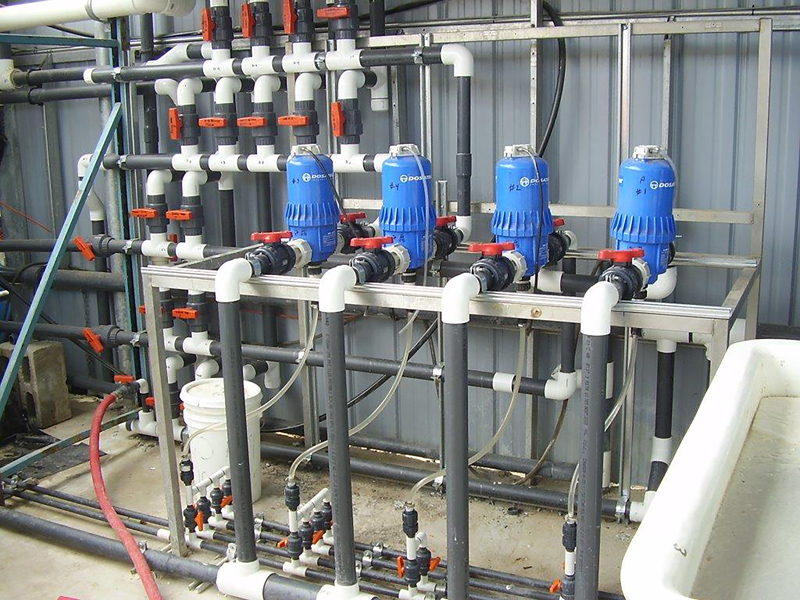
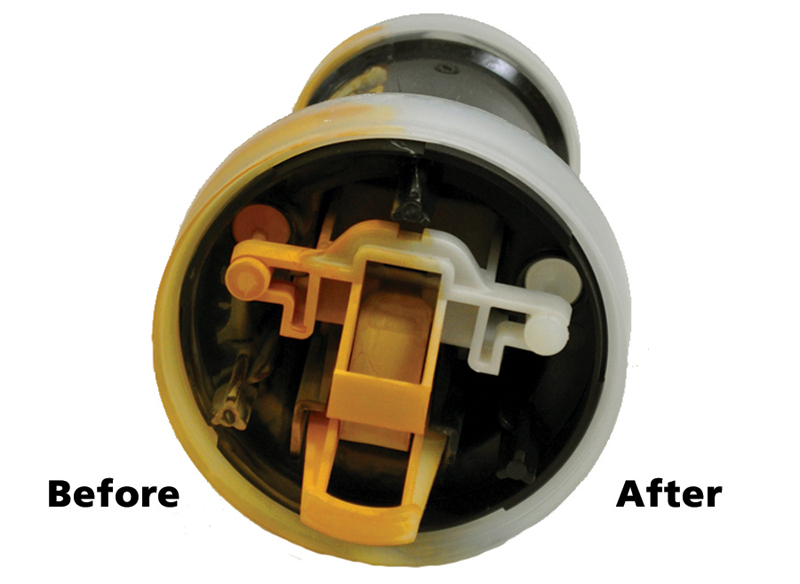
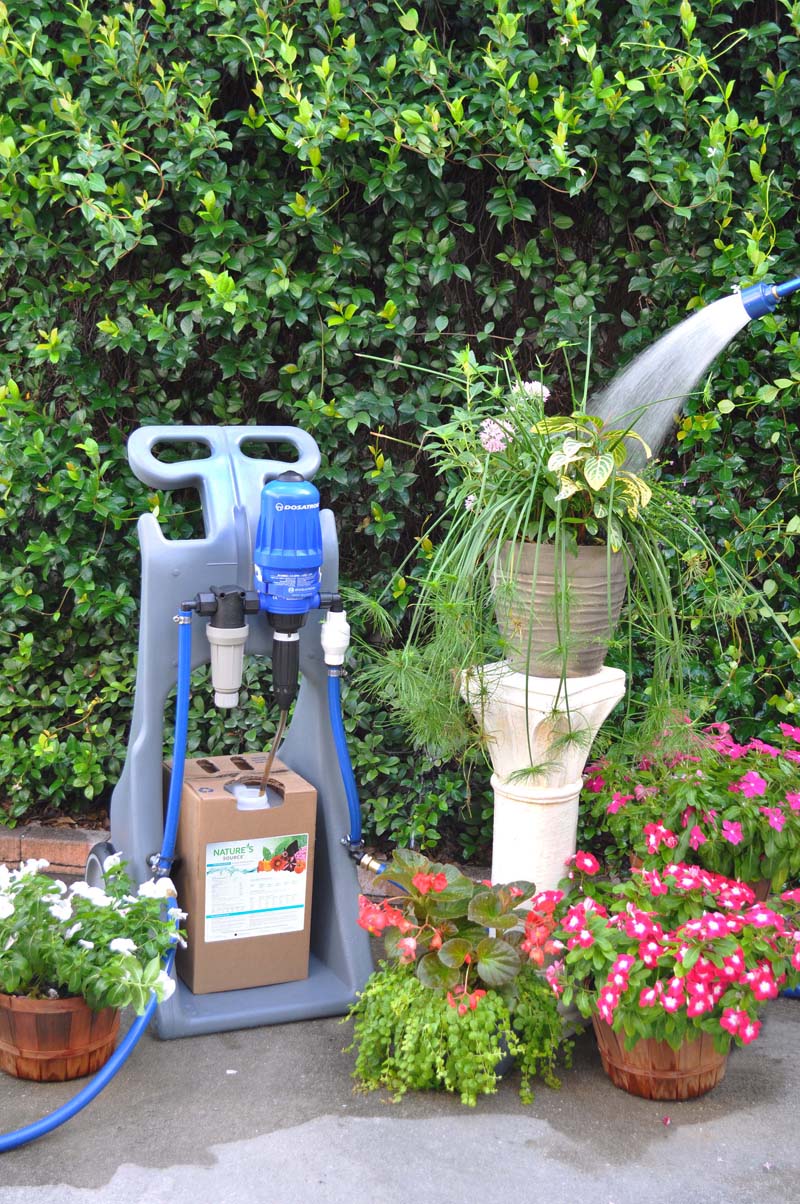








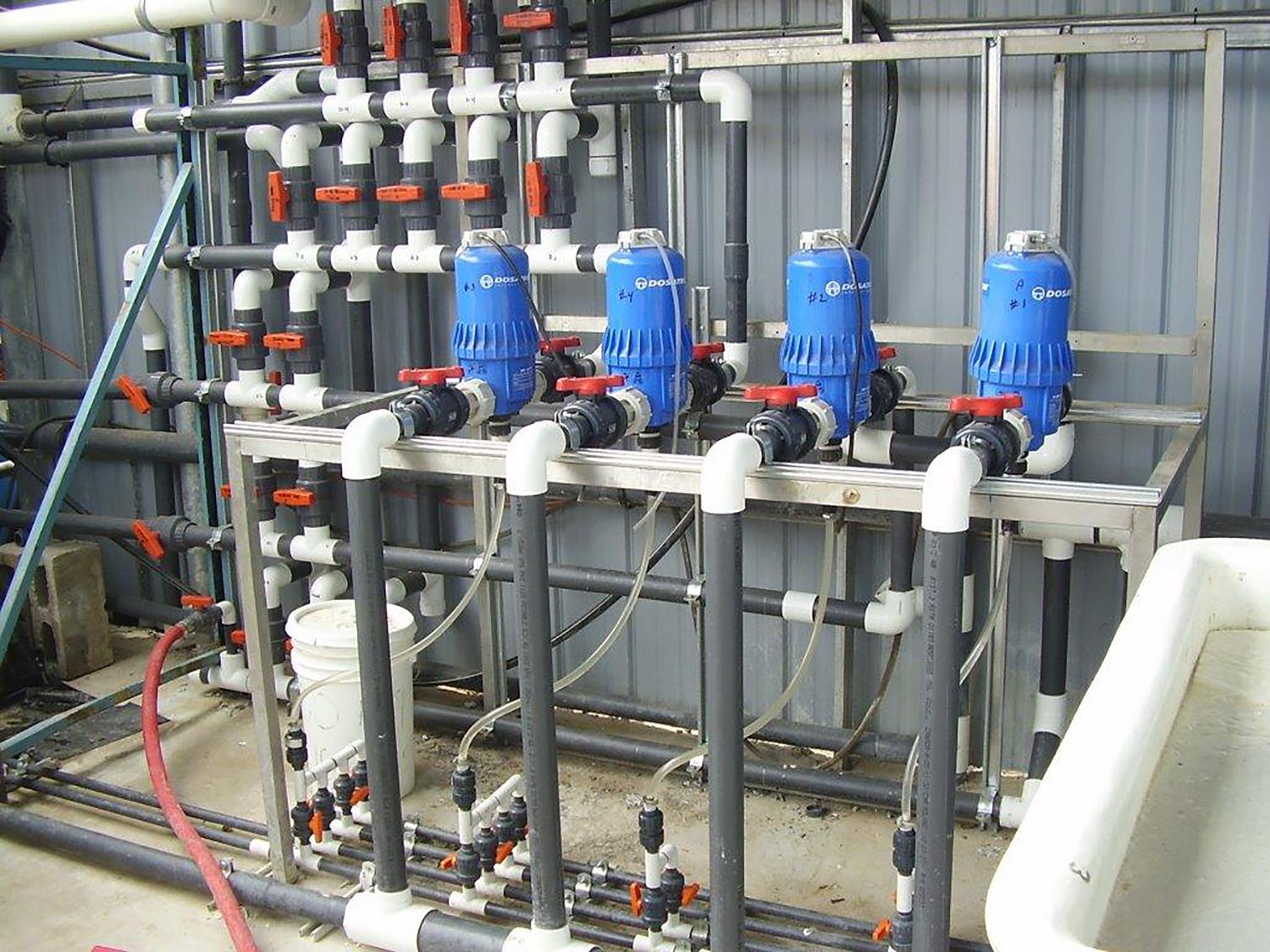

 Video Library
Video Library 


















